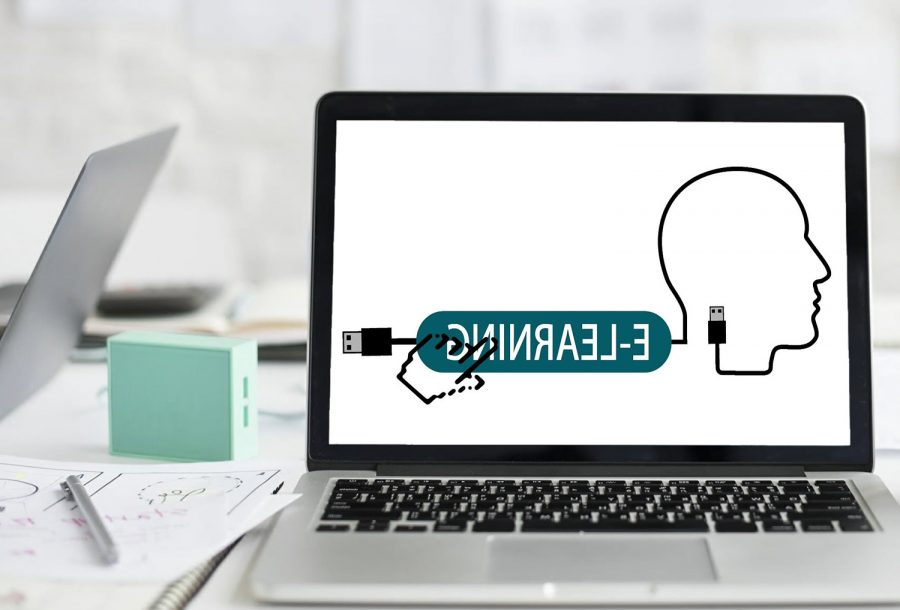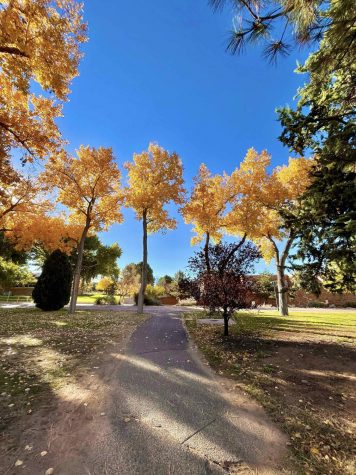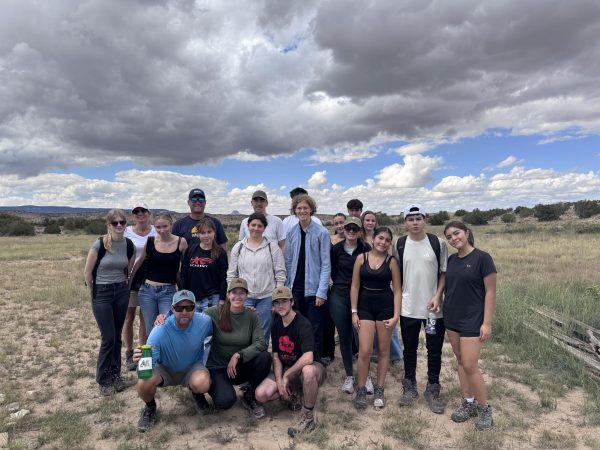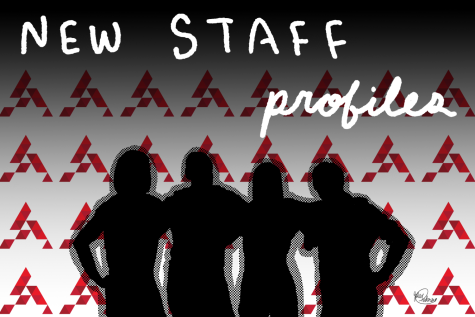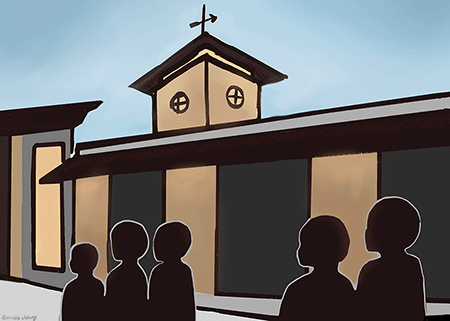Online School Could be Even Harder
The Impact of Covid-19 on Students with Learning Disabilities
During the Covid-19 pandemic, the world and our educational environment have been flipped upside down. Many schools have transitioned to virtual learning, bringing new challenges to all students across the country. But for students with learning disabilities, this time may be even more difficult. Albuquerque Academy has taken great strides to ensure students with disabilities get the help they need during this uncertain and challenging time.
The Academy’sPeterson Learning Support Program helps students with learning disabilities succeed in achieving their academic goals and helping them to participate in extracurricular activities. The Academy strives to provide the necessary support to students with documented disabilities without changing the school’s rigor or fundamental academic programs.
There are three learning specialists at the school: Lisa Rhodes in the 6/7 division, Amy Tyksinski in the 8/9 division, and Deana Puskar in the 10/12 division. Rhodes says, “Each division is unique; they each have their own needs.” During a normal school year, the learning specialists in each division work with students individually or in small groups. Some of these small group meetings include structured study halls and time management and study skills lessons. For instance, if a student needs help with time management, Ms. Rhodes might start by asking questions such as “Are you checking Canvas?” or “How are you using your planner?” She described these group meetings as less of a tutoring time and more time to help the students work through assignments. These specialists also work with teachers and parents to help create accommodation plans for each student based on the evaluations of medical professionals, neuropsychologists, and/or educational diagnosticians.
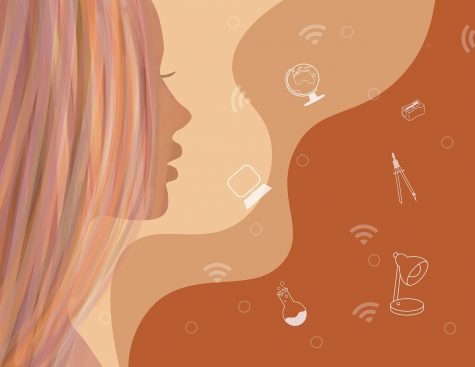 But Coronavirus has changed this program. Students are still meeting in these small groups regularly, but over Zoom. “The first time I did [structured study over zoom] was in the spring. I thought it would be really weird to sit with kids when they are basically in their rooms while we have study hall. But it worked out really well,” said Rhodes. Because the virtual meetings worked so well last year, she has continued to run study halls and other small group meetings over Zoom. Ms. Rhodes went on to say,“It’s not the same as having a student in front of you, but we are trying to keep the support going.”
But Coronavirus has changed this program. Students are still meeting in these small groups regularly, but over Zoom. “The first time I did [structured study over zoom] was in the spring. I thought it would be really weird to sit with kids when they are basically in their rooms while we have study hall. But it worked out really well,” said Rhodes. Because the virtual meetings worked so well last year, she has continued to run study halls and other small group meetings over Zoom. Ms. Rhodes went on to say,“It’s not the same as having a student in front of you, but we are trying to keep the support going.”
During virtual learning, teachers are still writing accommodation plans for students, and they continue to get together to discuss the best ways to assist students over Zoom. For example, with smaller daily assignments, students may be given more ways to rethink completing them, like breaking down the assignment into manageable chunks or having the assignment explained differently.
To receive an accommodation plan from the school, students need to have a documented disability. Because the Academy does not directly evaluate students for disabilities, new students are especially at risk of falling behind. Throughout the year, teachers observe their classes and can point out any students who are repeatedly distracted or not turning in their work. Ms. Rhodes says, “Interestingly, even over Zoom, we can still start to see if the child is having issues. But you are looking for repetition. It’s not just one time.” If these issues are repeated, a referral can be made from the school for a diagnostic evaluation. Over Zoom, the teacher’s oversight will be harder, but the Academy teachers have continued to find students who need extra assistance and provide them with the help they need.
Before online school, peer tutoring was a big part of the Academy learning support system. When I asked Ms. Rhodes if tutoring was available to students online, she said, “It could be done on zoom, I think we’ve been more focused on getting classes going and getting students on campus, but we could certainly work on that!” There are a few peer tutoring options for students during online learning, but Ms. Rhodes hopes that there will be more opportunities as the school year progresses.
Because we are still in the midst of this pandemic, the question of how the pandemic will impact students with disabilities is difficult to answer. The best answers are that firstly, this is unknown, and secondly, the effects will be very subjectiveThese questions can only be answered with certainty when the pandemic is over and our lives return to a new normal. As for the Peterson Learning Support Program at the Academy, Ms. Rhodes commented with reservation that some good things have come from this pandemic. For example, the increased use of technology has broadened the types of accommodations that are regularly implemented. Technology has helped “level the playing field and using various tech options in classes is no longer unique to students with learning disabilities.” Another good thing resulting from the pandemic is “we have all been thinking a lot more about new strategies and how people learn.”


